|
As women in Nigeria, Ghana, Togo and Benin get older, they are more able to make decisions independently of men. This is particularly the case if they belong to an ethnic group that practices voodoo - a religion that spread across West Africa with the expansion of the Dahomey kingdom in the 17th century - and if they are menopaused. Marijke Verpoorten and Alidou Sahawal attribute this age “dividend” to beliefs in magic and religion.
The Ebola outbreak in the DRC has been raging on since August 2018. More than 1000 cases have been confirmed and almost 700 people have died. This is the second worst Ebola outbreak ever reported and it is spreading faster than ever. Jacqueline Weyer breaks down the scale of the problem.
|
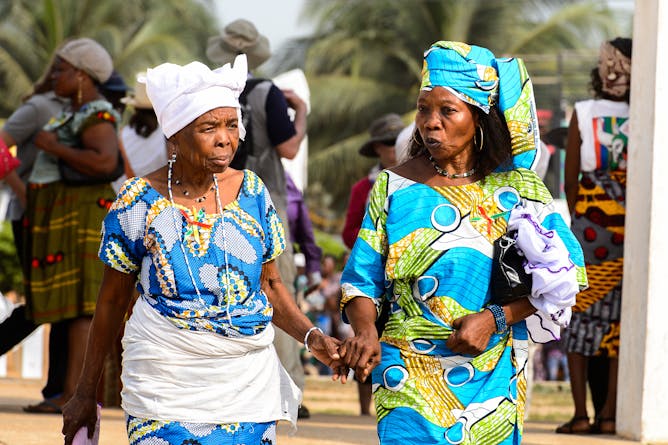
Beninese women attend a “voodoo” festival.
Anton_Ivanov/Shutterstock
Marijke Verpoorten, University of Antwerp; Alidou Sahawal, University of Antwerp
In some West African communities, age and magico-religious beliefs have a huge role to play in a woman's independence.
|
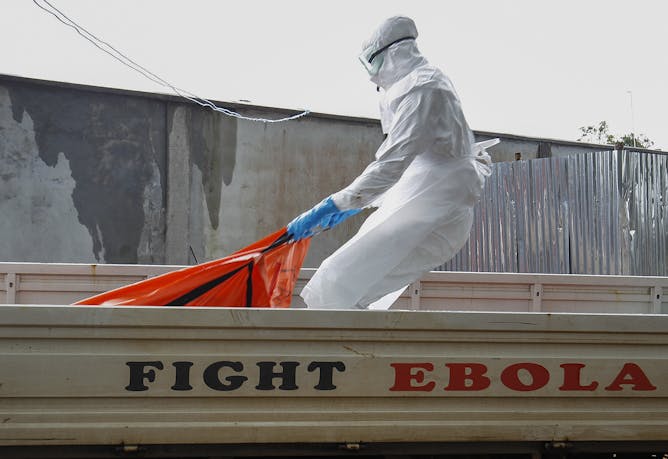
West Africa experienced the worst Ebola outbreak between 2013 and 2016.
Ahmed Jallanzo/EPA
Jacqueline Weyer, National Institute for Communicable Diseases
The current Ebola outbreak in the DRC is devastating vulnerable communities already affected by displacement and violence.
|
Science + Technology
|
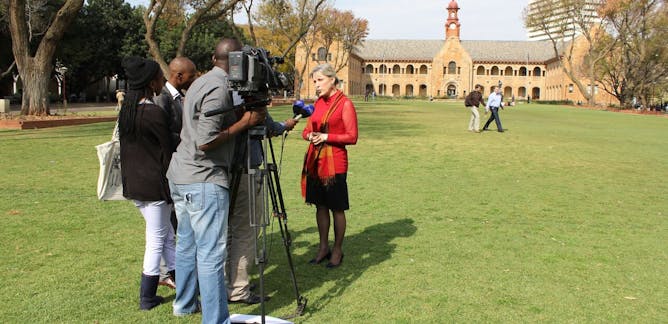
Marina Joubert, Stellenbosch University
The new White Paper can help scientists understand better why public engagement is crucial.
| |

Michelle White, Stellenbosch University
The ability of multilingual children to learn and advance academically from pre-primary has little to do with their English proficiency.
|
|
|
From our international editions
|
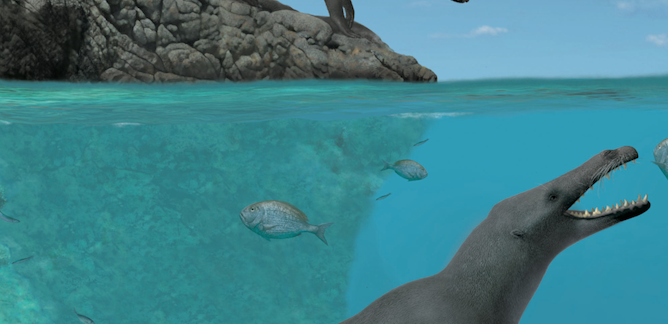
Jan Hoole, Keele University
Our flippered friends evolved from small, hooved deer-like creatures more than 50m years ago.
| |

Ararat Osipian, George Mason University
Several world leaders, including Vladimir Putin, stand accused of plagiarizing their PhD dissertations. Whether they resign, deny or ignore the allegations says a lot about the country they run.
|
|
|
|
|
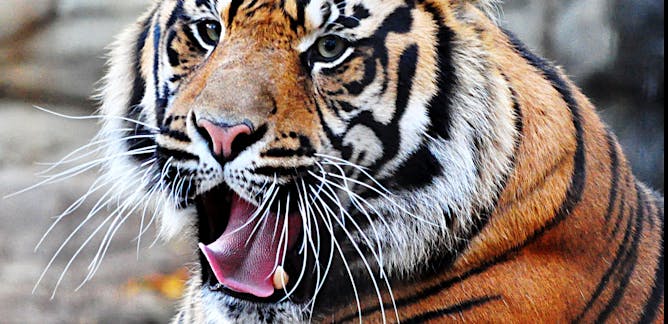
Alexander Richard Braczkowski, The University of Queensland
Whiskers are not just ordinary hairs. They are thicker and go deeper into the tiger's skin and send messages to its brain about what is happening in the world around it.
| |

Robyn Metcalfe, University of Texas at Austin
Globalization is making it harder to identify and trace outbreaks of foodborne illness. Technology can help, but consumers may also have to rethink their food choices.
|
|
|